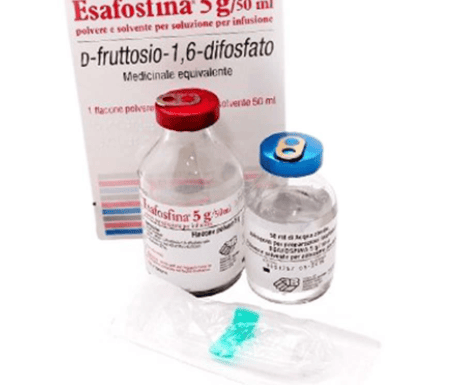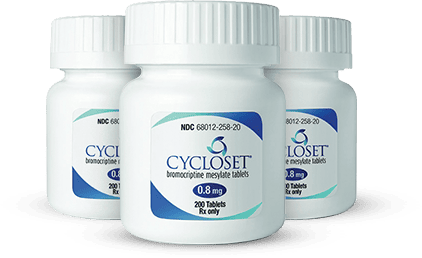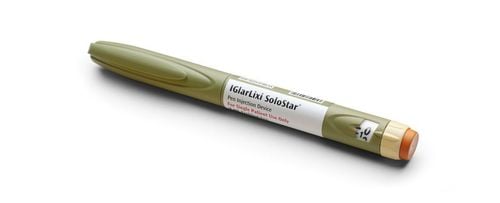This is an automatically translated article.
After hepatectomy, the patient needs to be monitored and taken care of, in addition, the post-hepatectomy diet also plays an important role due to the effect on the liver's ability to regenerate.1. What is liver resection?
Hepatectomy is surgery to remove part of the liver (left or right liver). Hepatectomy is often performed to remove malignancies in the liver and nearby tissue, aiming to treat liver cancer.2. Complications after hepatectomy
Liver resection carries certain risks for the patient, including:Bleeding : This is the main risk that usually occurs after surgery. Blood clot formation. Liver damage: May make bleeding in the liver worse. Infection . Pneumonia. Anesthesia side effects. The risk of liver cancer recurrence from underlying disease lies with the rest of the liver. To limit these complications, patients need to be cared for after liver resection carefully, followed up after treatment to improve their health soon and recover quickly.
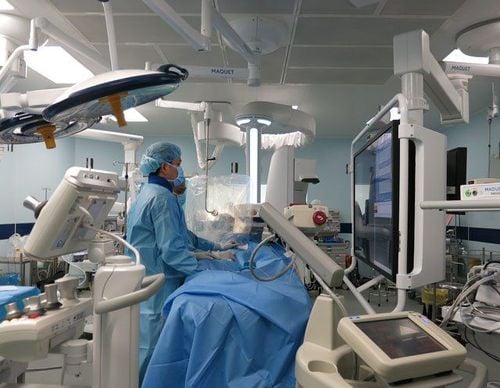
Chăm sóc sau mổ cắt gan ảnh hưởng lớn tới kết quả hồi phục của người bệnh
3. Care after hepatectomy
Follow-up and care after liver resection is an extremely important step, especially for cancer patients. Liver resection can cause many complications affecting the function of the heart, lungs, liver, kidneys, and metabolic disorders.During the first 48 hours after surgery, nurses need to monitor for signs of hypoglycemia. Normally, patients need to be maintained with 10% Dextrose infusion as ordered and rapid blood glucose testing. Monitor consciousness and vital signs to detect bleeding early, such as tachycardia and decreased blood pressure. In the first 24 hours after surgery, the patient is not allowed to move much to limit the risk of bleeding. Monitor urine output: To control kidney failure. Regular pain assessment: Because liver resection is performed according to Kocher procedure, it is necessary to cut many muscles, at the same time, this surgery cuts organs, so the patient is often very painful after surgery... Therefore, the aftercare procedure Liver resection requires pain medication or maintenance pain relief for the patient. In addition, the turning movement should be done gently to avoid causing pain. Gastric tube insertion (Levine tube): Perform suction continuously or intermittently as ordered. In addition, it is necessary to take care of the patient's teeth to avoid bad breath and dry oral mucosa, leading to oral infection and affecting the patient's general condition. Monitor the quantity, color, and nature of the aspirate through the Levine tube. Drainage: Care after hepatectomy usually has drainage under the liver, in order to monitor abnormalities in the outflow such as blood, bile, especially if the blood is over 100ml/hour, it should be treated immediately. Drainage after hepatectomy has a preventive meaning, so doctors often withdraw it early. Monitor water and electrolytes, maintain fluids for patients: Nurses need to accurately assess the water in and out to help doctors balance water, limit the risk of kidney failure, because this is a serious complication that can lead to dead. Patients after liver resection often receive blood transfusions. Therefore, the post-hepatectomy care needs to coordinate with the monitoring of bleeding through drainage, through liver cuts due to the accumulation of anticoagulants during blood transfusion. Nutrition: Patients need to reduce protein and lipids, and need to provide protein through the infusion line. Encourage a well-rounded diet as directed by your doctor.
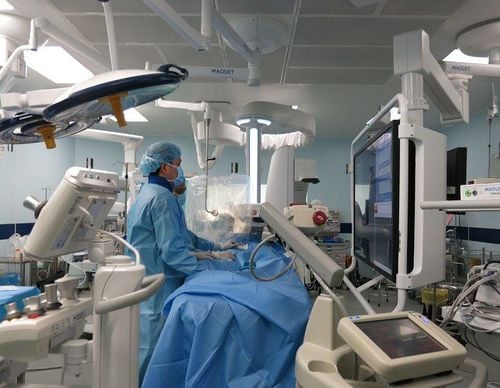
Phẫu thuật cắt gan có thể gây ra nhiều biến chứng nguy hiểm
4. Nutrition after hepatectomy
What to eat after liver resection mainly depends on how much of the liver is removed and the patient's condition after surgery. If the removed part of the liver is not much, the doctor may instruct the patient to eat normally after the liver resection.Nutrition after liver resection plays an important role because it affects the regeneration ability of the liver. Patients are often malnourished at the time of surgery, which is aggravated by persistent symptoms of liver disease and by dietary restrictions.
4.1. Nutritional principles Avoiding hazardous substances associated with food production (due to pesticides, agrochemicals or herbicides) Avoiding food additives (colors, preservatives, flavorings) Limit certain cooking methods such as frying, roasting, or grilling. 4.2. Nutrition in the period 1-2 days after surgery Characteristics of patients in this period:
Patients often have slow bowel movements. Decreased digestibility due to significantly reduced liver metabolic function Risk of hypoglycemia Nutritional advice for patients:
Diet can be started soon after surgery Should be divided into several small meals . Meals should ensure adequate and regular nutrition. It is recommended to use thin porridge with a sufficient amount of minced meat, fish and pureed vegetables 4.3. Next stage Characteristics of the patient in this stage:
Taste disturbance and bitter taste in the mouth Poor digestion, bloating, disturbances in bowel movements Decreased appetite and often satiety when eating Nutritional advice for patients:
Incorporate herbs and spices into dishes (such as thyme, parsley, basil, ginger, turmeric, lemon juice, wine, and apple cider vinegar). Prepare food using different cooking methods. 4.4. Some notes in nutrition after hepatectomy Choose foods rich in vitamin K to stabilize blood clotting, which can be lost due to liver damage. Balance the gut microbiome by using the right probiotics (oral or in yogurt). Each meal should be prepared with about 100g of lean meat and fish, which can be replaced with legumes, seafood, shrimp and crabs to diversify protein sources for the patient. Limit foods that contain fructose such as candy, soft drinks, and packaged foods. Because if a lot of fructose is used, uric acid will be produced in large quantities, leading to the activation of the inflammatory response of liver cells. Prioritizing the use of vegetable oils, especially olive oil, helps reduce the risk of inflammation and maintain stable blood sugar levels. In addition, the care after liver resection should pay attention to maintaining a healthy lifestyle: Do not drink alcohol, beer, tobacco, do not stay up at night or work hard because of the risk of affecting the body's resistance.
Please dial HOTLINE for more information or register for an appointment HERE. Download MyVinmec app to make appointments faster and to manage your bookings easily.





